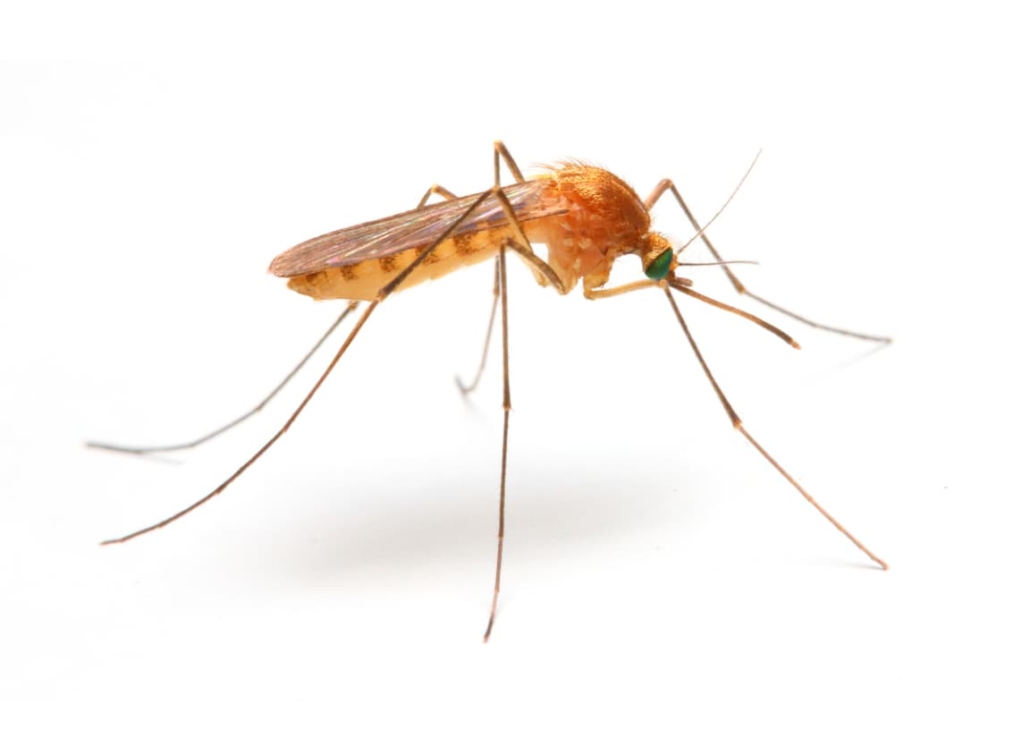Survey: Infectious disease experts note concerns about pandemic preparedness
A recent survey conducted by Abbott reveals that whilst progress has been made since COVID-19, significant gaps remain in global readiness for future disease outbreaks.
Viral and mosquito-borne pathogens top the list of concerns for infectious disease experts, according to a new survey [1] released today by Abbott. The findings, which come from a poll of over 100 virologists, epidemiologists, and infectious disease specialists worldwide, shed light on the current state of pandemic preparedness and underscore the need for improved surveillance and response capabilities.
Gaps in preparedness persist
Despite advances in the wake of the COVID-19 pandemic, the survey reveals that substantial challenges remain in building robust systems to identify and respond to emerging pathogens. Respondents highlighted several key areas requiring urgent attention:
- Surveillance programmes for emerging pathogen identification
- Funding for public health infrastructure
- Testing infrastructure capabilities
- Increasing the number of epidemiologists and frontline workers
- Diagnostic test development
These priorities reflect a growing consensus among experts that a multi-faceted approach is necessary to bolster global health security.
Viral pathogens pose greatest threat
When asked about the types of pathogens most likely to trigger widespread outbreaks, an overwhelming 94% of respondents identified viral pathogens as the primary concern. This was followed by bacterial, fungal, and parasitic infections.
Interestingly, the survey found an even split between experts who believe a novel pathogen (50%) versus changes in a known disease (50%) pose the greater threat for large-scale outbreaks. This highlights the need for vigilance on both fronts – monitoring for entirely new viruses whilst also tracking mutations and adaptations in existing pathogens.
Climate change amplifies mosquito-borne disease risks
A significant portion of the survey focused on the potential impact of climate change on infectious disease patterns. Sixty-one percent of experts identified mosquito-borne pathogens as representing the greatest threat to human health as the climate changes, far outweighing concerns about avian (21%), animal (14%), or tick-borne (4%) pathogens.
This finding aligns with recent scientific projections suggesting that warming temperatures and increased flooding events could dramatically expand the range of disease-carrying mosquitoes. Some estimates predict that by 2050, 1.3 billion people could be at risk from Zika virus, whilst 61% of the global population may face exposure to dengue fever by 2080.
Professor Jorge Osorio, Director of the Global Health Institute at the University of Wisconsin-Madison, commented on these findings: “Temperature increases and extreme weather events are impacting how humans, animals and insects interact, and we are finding mosquito-borne viruses in new places. As these viruses appear in more parts of the world, we need a globally coordinated effort to share learnings from countries who have been successfully managing these illnesses, as well as ensuring that effective surveillance and countermeasures are in place.”
Factors influencing outbreak potential
The survey also explored the characteristics that make a pathogen more likely to spark a major outbreak. Experts identified three key factors:
- High transmissibility
- Novel viruses with no available tests, treatments, or vaccines
- Ability to spread silently (asymptomatic transmission)
Interestingly, known pathogens that have developed drug resistance, viruses with high mortality rates, and those causing significant morbidity were considered less likely to lead to pandemics.
Building resilience through collaboration
The Abbott Pandemic Defense Coalition [2], which commissioned the survey, emphasises the importance of public-private partnerships in addressing these challenges. Dr Gavin Cloherty, head of infectious disease research at Abbott, likened the work of virus hunters to sophisticated storm tracking systems: “Just as scientists have developed sophisticated monitoring systems to track emerging storms and hurricanes, our job as virus hunters is to identify pathogens that have the potential to spark outbreaks in order to stay one step ahead. Disease surveillance acts as our radar, helping us prioritise which viruses are most likely to trigger an outbreak and where those outbreaks may occur.”
The way forward
Based on the survey findings, members of the Abbott Pandemic Defense Coalition have outlined three key priorities for strengthening global outbreak management capabilities:
- Addressing gaps: Developing comprehensive surveillance programmes, securing sustainable funding, and training the next generation of virus hunters.
- Targeted vigilance: Focusing efforts on pathogens with the highest potential for triggering large-scale outbreaks.
- Environmental monitoring: Investing in research and technology to understand how changing human-animal-insect interactions influence disease dynamics.
This survey provides valuable insights into the perspectives of those on the front lines of infectious disease research and response. By highlighting both progress made and remaining challenges, it offers a roadmap for policymakers, healthcare systems, and research institutions to build a more resilient global health infrastructure.
About the survey
The Pandemic Preparedness Survey was commissioned by the members of the Abbott Pandemic Defense Coalition to understand the views of the epidemiologists and disease surveillance experts on the current state of pandemic preparedness. Invitations to participate in the online survey were distributed to more than 400 experts at Coalition member institutions, the Centers for Research in Emerging Infectious Diseases (CREID) Network, the Global Virus Network (GVN), the Training Programs in Epidemiology and Public Health Interventions Network (TEPHINET), as well as other academic research institutions. 103 experts fully completed the survey. The survey was conducted between April 2024 and June 2024 and participation was voluntary and anonymous.
The full survey report is available on the Abbott website [1].
Reference:
- (2024). Abbott Pandemic Defense Coalition 2024 Survey Report. Retrieved from https://www.abbott.com/content/dam/corp/abbott/en-us/hub/Abbott-Pandemic-Defense-Coalition-2024-Survey-Report.pdf
- abbott.com/virushunters


